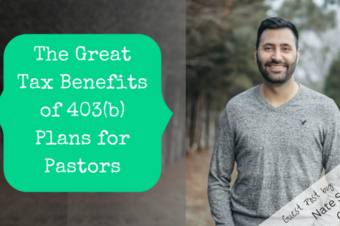
I’ve been getting a number of questions regarding the tax reform bill that went into effect on January 1, 2018. Here they are with some answers:
What do I have to do differently when I file my taxes this year?
Nothing. The changes to the tax law are effective January 1, 2018. The tax return you are filing this spring is for 2017, so the tax law won’t affect it. Next year is when you will see changes to your tax return.
Why haven’t my paycheck withholdings changed?
The tax reform bill significantly altered how taxes are paid by eliminating personal exemptions and increasing the standard deduction and child tax credit. Payroll companies have to create completely new formulas to calculate how much to withhold.
Also, how those changes affect each person differs and the information on your current W-4 (how your withholding is determined) might not be sufficient. Sometime in the next few months as the payroll companies finalize their new formulas, your withholdings may be adjusted. However, don’t expect them to be perfect. It could take a year or so for them to fine-tune the formulas to reflect all of the nuances in the new system.
Does it change how Social Security income is taxed?
No. The final tax reform bill makes no changes to the way that Social Security benefits are calculated as income.
Is it true I can use money from my child’s 529 plan for homeschool expenses?
No. That was proposed but removed from the final bill that became law. However, money from 529 plans can now be used to pay for K-12 private school tuition, which wasn’t allowed previously. Up to $10,000 a year can be used from a 529 account to pay for “public, private, or religious elementary or secondary school” expenses.
Are all of the business- and profession-related deductions now gone?
No, they are still there. Most deductions that were changed were personal. There were some work-related employee deductions that were impacted by the law, though. Deductions for unreimbursed employee expenses have been eliminated, along with the deduction for work-related moving expenses.
What deductions were changed?
These are the deductions that were changed or eliminated in the final version of the tax bill (in addition to the ones listed for the previous question):
- The state and local tax deduction is capped at $10,000.
- For homes purchased after December 14, 2017, you will only be able to deduct the interest on the first $750,000 of your mortgage, instead of the previous $1 million limit.
- Interest on home equity loans is no longer deductible, regardless of when the loan was taken out.
- You can no longer deduct your tax preparation fees.
- The deduction for theft and personal casualty losses is gone unless it was the result of a federally declared disaster.
- The medical expense deduction has been expanded for two years. Medical expenses that exceed 7.5% of adjusted gross income can be deducted. After two years the threshold will go back to 10%.
- The limit for the charitable contribution deduction was raised from 50% of adjusted gross income to 60%.
Can I take the new 20% pass-through business deduction on my independent pastoral income?
That question sounds a lot simpler than it is. There is a lot of confusion surrounding which businesses are eligible for the deduction and which aren’t. The law spells out a few types of businesses that aren’t (and pastoring isn’t in there), but also says, “any trade or business where the principal asset of such trade or business is the reputation or skill of 1 or more of its employees.” I would think that if you’re a pastor marrying and baptizing people, your reputation or skill is a big part of your business. If you think you should be able to get the deduction, please discuss it with your tax preparer first.
Do I still get my clergy housing allowance?
Yes, the final tax bill made no changes to the clergy housing allowance. However, a federal judge has ruled the cash housing allowance unconstitutional and the case is now in appeals. You can learn more about it here.
How will it affect me?
Well, that’s a very personal question and the answer will vary from person to person. To read more about the bill in detail, follow this link to my post on how the final tax bill affects pastors. There you can learn more about the specific changes in the law that might affect you.



